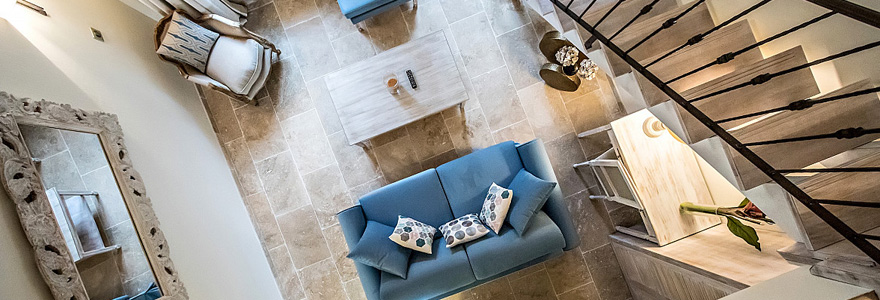
A bastide is a type of fortified town or village built in the countryside during the Middle Ages. The bastide was a common form of settlement in southwestern France, particularly in the area known as the Midi. Many bastides were built in the thirteenth and fourteenth centuries, when the area was under the control of the English Crown. The bastide was a new type of settlement, based on a grid plan, with wide streets and a central market square. The houses were built of stone and had high walls and defensive towers. The bastides were often built on land that had been owned by the lord of the manor, and the villagers were required to pay rents and taxes to the lord. The bastides were intended to be self-sufficient communities, with their own churches, schools, and shops. The villagers were also required to participate in the defenses of the bastide, which could be attacked by bandits or enemy soldiers.
What is a bastide house?
A bastide is a type of fortified house that was common in medieval southern France. The word bastide comes from the Latin word bastio, meaning fortification. Bastides were typically built on high ground with a central courtyard and thick walls to protect the residents from attack. The houses were often arranged in a grid pattern, with the main living quarters on the ground floor and an open terrace on the second floor.
Bastides were built in rural areas as a way to protect the residents from bandits and marauders. The thick walls and central courtyard provided a safe space for the residents to retreat to in case of attack. The houses were also built to withstand siege, with narrow windows and thick doors that could be barred from the inside.
The bastide house was a popular form of architecture in medieval France, and many of these houses can still be seen in the countryside today. They are a reminder of a time when life was more dangerous and people had to be prepared for attack.
What is a bastide in France?
A bastide is a type of rural dwelling that is found in the south of France. The word bastide comes from the Provençal word for "farmhouse". Bastides were traditionally built as a single story with a thatched roof and a central courtyard. The courtyard served as a place for the family to gather and socialize. The bastide was a self-sufficient unit, with the family living off of the land.
Bastides were built in a grid-like pattern, with the main street running through the center of the town. The streets were lined with houses, and the town had a central square where the market was held. Bastides were often built on high ground, so that they would be visible from a distance.
The bastide was a symbol of the rural way of life in the south of France. The bastide was a place where the family worked together and lived close to the land. The bastide was a reminder of the simple life that was once lived in the countryside.
Luxury bastide near Saint Tropez
A family bastide is a type of country house that was popular in southern France during the 13th and 14th centuries. They were typically built on a square or rectangular plan, with a central courtyard and symmetrical wings of equal height. The term bastide comes from the Provençal word for "fortified town", and these houses were often fortified with towers and turrets. Today, bastides are still found in the countryside of southern France, and they are often used as vacation homes or second homes.
A family bastide is a type of rural home that is common in the countryside of France. These homes are typically built with stone and have a central courtyard. They are often used as vacation homes or secondary homes, or villa rentals in St Tropez.